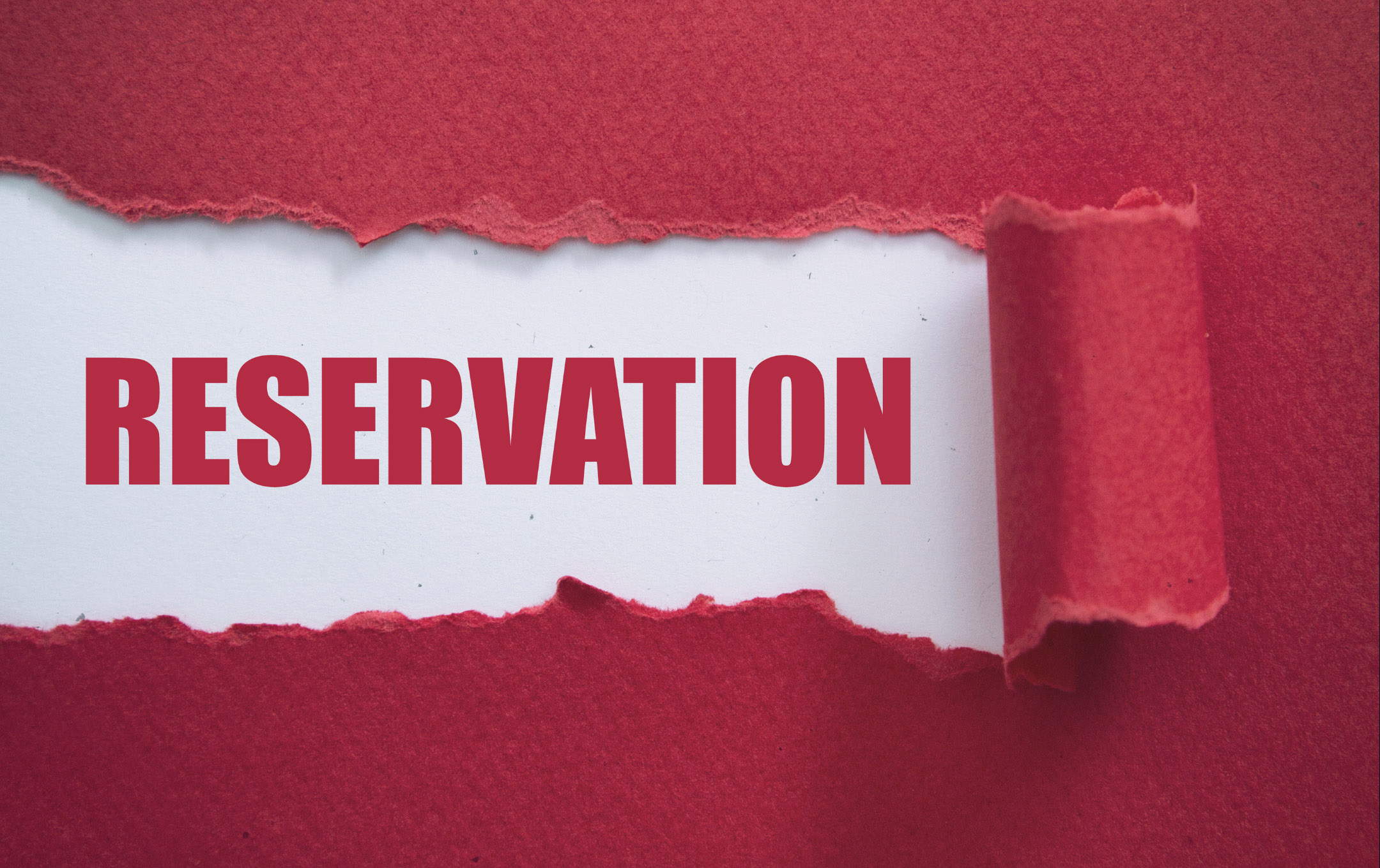- Open Merit vacancies come down to 40 pc
- Parameters fixed for inclusion/exclusion
Sanjeev Pargal
JAMMU, May 31: The Jammu and Kashmir Socially and Educationally Backward Classes Commission (JKSEBC) has written to the Government seeking details about upliftment of the villages which were declared as backward long back and their residents were given 20 percent reservation under Residents of Backward Areas (RBA) category which was subsequently brought down to 10.
Follow the Daily Excelsior channel on WhatsApp
Headed by Justice (Retired) GD Sharma, the Commission comprised senior retired bureaucrat and PSC Member Rup Lal Bharti and Retired IPS officer Munir Khan. The Panel was set up in March 2020 and has its extended term up to September 2024.
Inclusion and exclusion of backward areas depending upon the criteria is now only task left before the Commission at present and it hopes to complete it by September.
Official sources told the Excelsior that the JKSEBC has written to the Government seeking details of the facilities which form criteria for inclusion of backward areas about the villages listed under RBA category in Jammu and Kashmir.
 Construction of roads, distance from village to Colleges, Higher Secondary Schools and other schools besides Primary Health Centre or any other hospital, water and Wi-Fi facilities and other modes of communication are some of the parameters whose details have been sought by the Commission for the villages whose inhabitants presently enjoy reservation under RBA category.
Construction of roads, distance from village to Colleges, Higher Secondary Schools and other schools besides Primary Health Centre or any other hospital, water and Wi-Fi facilities and other modes of communication are some of the parameters whose details have been sought by the Commission for the villages whose inhabitants presently enjoy reservation under RBA category.
“Excepting Jammu and Kashmir RBA category doesn’t exist in any of the States or the Union Territories in the country. Even at the national level, there is no such category for reservation,” the sources said, adding that granting 10 percent reservation under this category has faced lot of criticism especially at a time when reservations have reached 60 percent leaving just 40 percent vacancies in the Open Merit category.
They said the Commission will take a decision on retaining or excluding villages from the RBA list after receipt of the Government report.
“Areas which as per the parameters would have gained facilities will be removed from the list of RBA while the villages which are yet to gain requisite facilities will continue in the category,” the officials said.
At the time same, they said, the Commission has also received a large number of representations from the people across Jammu and Kashmir for inclusion of their villages under RBA category. All these representations are under examination. The Commission may also take the Government viewpoint on facilities available in these villages before taking a call on whether to include them under the RBA category or not.
“The Commission is also likely to undertake on spot visits to some of the villages to acquaint itself about facilities in the villages which fall under RBA category or which have applied for inclusion under the category,” they added.
Inclusion of Pahari Ethnic tribe, Paddari tribe, Koli & Gadda Brahmins in the Scheduled Tribe (ST) category was also recommended by the Socially and Educationally Backward Classes Commission.
RBA category had 20 percent reservation in Jammu and Kashmir which was later brought down to 10 percent following uproar that influential persons including politicians have got included their villages in the RBA category to avail benefits of reservation for their kin in Government jobs and educational institutions.
After the Government raised reservation under Scheduled Tribes (ST) category to 20 and granted eight percent quota to Other Backward Classes (OBCs), the reservation in Open Merit category has come down to 40 percent. However, if horizontal reservation for Ex-Servicemen (6 percent) and Persons with Disabilities (4 percent) is taken into account, the Open Merit vacancies further come down.
While STs already had 10 percent reservation, the Government granted another 10 percent reservation to Pahari Ethnic Tribe, Paddari Tribe, Koli & Gadda Brahmans taking total reservation under ST category to 20 percent. Previous four percent reservations under Other Social Castes (OSCs) was abolished and eight percent reservation was given to the OBCs. Besides, there is eight percent reservation to Scheduled Castes (SCs), 10 percent to Economically Weaker Sections (EWS), four percent to the people living on International Border/Line of Control and 10 percent to RBA.


